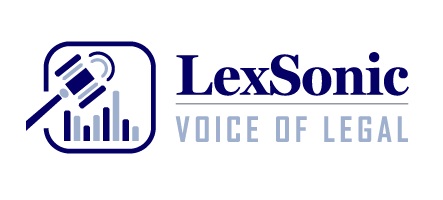Supreme Court Dismisses IBC Appeal, Citing Strict Adherence to Procedural Timelines.
12-August-2025
Bankruptcy & Insolvency Law >> Business & Commercial Law
In Ashdan Properties Pvt. Ltd. & Others v/s DSK Global Education And Research Pvt. Ltd. & Another the appeal addresses a crucial legal point regarding the filing of appeals under the Insolvency and Bankruptcy Code (IBC). The core issue is whether the National Company Law Appellate Tribunal (NCLAT) correctly heard an appeal despite significant procedural defects.

The case originated from an NCLT order that approved a company's resolution plan. The respondent, DSK Global Education and Research Pvt. Ltd., challenged this order at the NCLAT. However, their appeal was filed with several issues:
Defective Filing: The appeal was e-filed on July 25, 2023, without a certified copy of the NCLT's order.
No Application for Exemption or Condonation: At the time of filing, the respondent did not submit any application to be exempt from providing a certified copy, nor did they seek a condonation for any potential delay.
Late Submissions: The certified copy was requested on August 23, 2023, and received on September 7, 2023. An application to condone a two-day delay was only filed on September 22, 2023, long after the statutory period had elapsed.
The Supreme Court referenced its previous judgments, particularly V. Nagarajan v. SKS Ispat & Power Ltd., to reinforce the strict nature of the IBC's timelines. The court emphasized that the 30-day limitation period for filing an appeal begins on the date the order is pronounced, not when it's uploaded online. While a 15-day extension is possible, it is not an automatic right and requires a valid reason.
The court found that the NCLAT was wrong to ignore the issue of a defective filing and a lapsed limitation period. The NCLAT's decision to hear the appeal on its merits was deemed a "superstructure erected on an illusory foundation." The Supreme Court, therefore, allowed the appeal, setting aside the NCLAT's judgment and upholding the original NCLT order. The case was resolved on this technical point, without needing to examine the merits of the resolution plan.
INSOLVENCY AND BANKRUPTCY CODE, 2016
